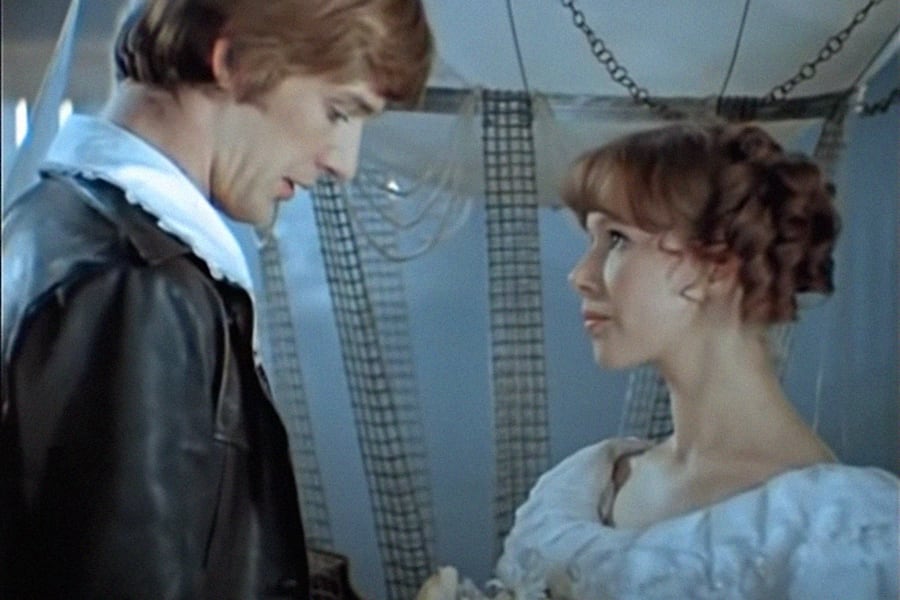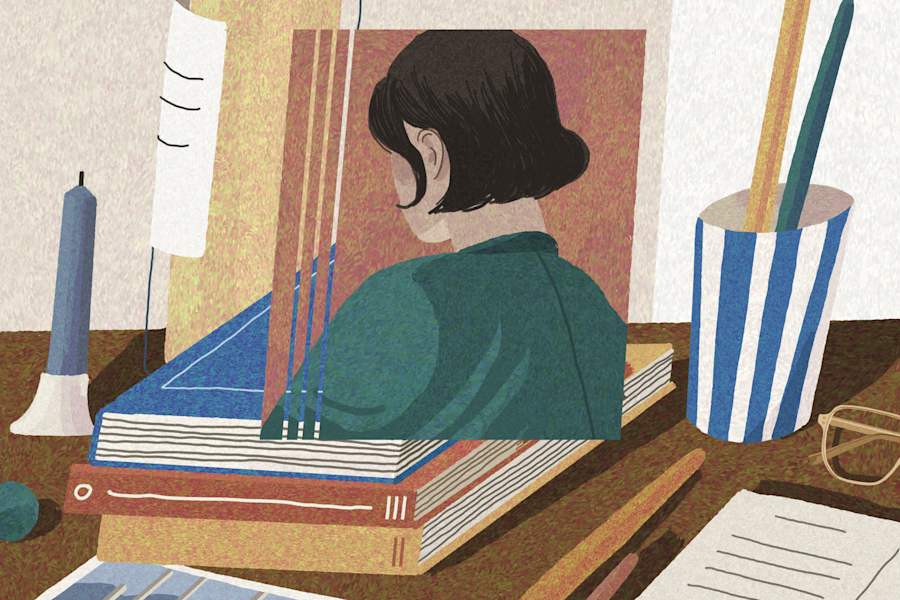Essays
What, exactly, is masculinity?
Lucy McKeon
September 18th, 2024

Scan to download

How do you prefer to bend time? We choose foreplay, every time.

Anya Tchoupakov on a fever-dream of a musical fairytale and everyday magic.

On Stanley Cavell and Hollywood’s romantic legacy.

“Is there really no sexual excitement without at least a frisson, a pleasurable ache?” asks Daphne Merkin, a writer whose decades-long career may very well center on this very question.

Whitney Mallett on the portmanteaus that speak to a very specific kind of transformation.

"In unfamiliar rooms, time passes in vignettes of awakened states."

Four men—and a chorus of masculine voices—share their histories with bisexuality and experiences as Feeld Members.

Homesexual is a column devoted to interiors and interiorities. For the first installment, Emanuele Coccia considers what homes are, and what our experience of moving says about how we love.

Otherness Archive is an open-access online library gathering moving image works by and for the transmasculine community. Here, they present a collection of film stills from their catalog, along with an essay by Ellis Kroese.
A fucking Magazine